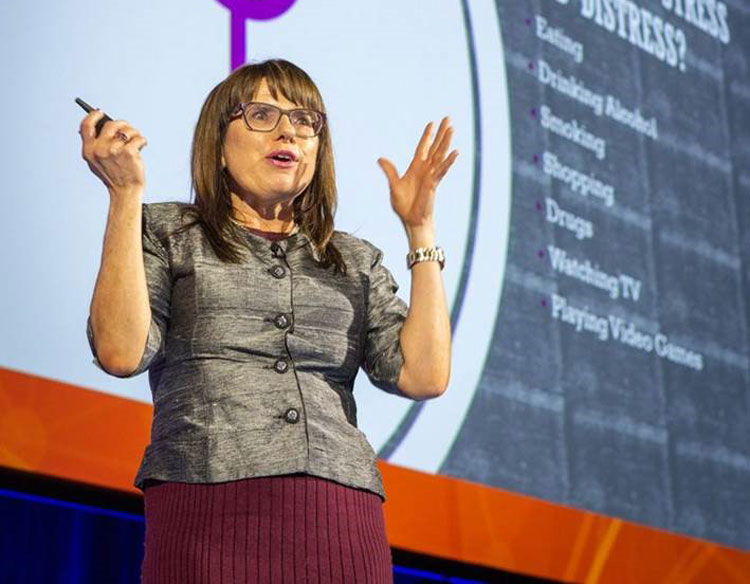How to Build effective and healthy relationships with colleagues

Building healthy and effective work relationships is important for a variety of reasons, including success in your career and creating a more pleasant work experience for you, your colleagues, and anyone you service in the community. Humans crave connection, even the introverted. And given we typically spend up to 60 hours a week working, it makes sense to have positive interactions in our work environment.
Why do we need good relationships?
- Less time and energy on overcoming issues associated with poor relationships.
- Less time avoiding people you need to speak to about completing a work task or project and actually completing it!
- No more waking up at 2 am and not getting back to sleep due to worry about an interaction you have had or need to have with a colleague
On the positive side
- Being open to new ideas and thinking that may help you solve a problem
- Getting more done with less angst can positively influence that your service
- Better overall wellbeing as you don’t need that extra glass of wine to forget the day and, as a result, have a better sleep too!
What characteristics define a good work relationship?
- Trust: There is significant evidence that trust with colleagues and in teams leads to greater individual and team performance. But what if the trust is broken, I hear you ask? You can rebuild trust. How you rebuild or grow trust is actually very simple, while the practice of it requires you to demonstrate courage and vulnerability. Think of a time when a close friend or family member let you down and what happened when they apologized and were accountable. Did you feel a stronger connection with them, and did that strengthen your trust?
The same applies in the workplace. However, saying sorry can take courage as we can feel vulnerable. What if the person takes advantage of the apology? What if they don’t say sorry back? If I apologize, am I admitting fault, and will that impact my job progression or security?
I don’t know the answer to all of these, as it may depend on what you are apologizing for and to who. What I do know is that when I have witnessed leaders put their hand up and say, “I am sorry, I got it wrong,” it frees up their team to do the same. I have also seen this in reverse, many times where a team member apologized to their superior, leading to greater trust between them.
- Be mindful. Get in touch with your own reactions to your colleagues. Notice how your mind can take you far away from the situation to a place of doom and gloom. Bring yourself back to the current moment, take a few slow, deep breathes, and instead of being defensive, be curious about where the other person might be coming from. Perhaps you misunderstood their intent. I see this happen a lot! Humans tend to retreat to avoidance, procrastination, or defensiveness the moment they feel they are being criticized when often it is just someone expressing a view that may or may not apply to you. Practicing mindfulness has proven to help workers in the community sector, in particular when working with difficult or complex situations, to have better overall wellbeing.
- Make the time. Yes, we are all very busy and could do with a lot fewer meetings (in person and over video). However, without taking the time to connect with others, it is very difficult to resolve issues and build relationships. I have a client whose entire leadership team has not met in person due to the covid pandemic restrictions. You may colleagues you will never meet in person due to their location from you.
This is no excuse to make time for them. During the pandemic lockdowns, I witnessed colleagues having a 15-minute zoom cuppa, or Fun Fridays, where everyone had to meet for 15-30 minutes about their week wearing their pyjamas or an Hawaiian shirt with a cocktail in hand. For those of you that can meet in person, I love the daily huddle meeting, where everyone huddles together for 10-15 minutes (all standing as this suggests a short meeting), and you quickly go around the room about what you are working on that day and if you need help with anything. More detailed discussions get taken outside the meeting. A great way to connect with all your team that doesn’t take a huge amount of time. You can also do the daily huddle on video calls too!
Building a healthier relationship with your colleagues is good for your well-being and can increase your productivity and performance. A workplace filled with healthy work relationships creates a positive and effective work culture overall.
Written by Margie Ireland.
Have you read?
As a Leader, Your Effectiveness Depends on the Strength of Your Relationships by Dr. Thomas Epperson.
How great leaders value important conversations by Shane Michael Hatton.
Trail the Fjords in Norway: Nærøy, Sogne, Aurlands, Troll, and Oslo by Veidehi Gite.
Listen Up! Five Ways to Be a Super Communicator by Dr. Monica Vermani.
Bring the best of the CEOWORLD magazine's global journalism to audiences in the United States and around the world. - Add CEOWORLD magazine to your Google News feed.
Follow CEOWORLD magazine headlines on: Google News, LinkedIn, Twitter, and Facebook.
Copyright 2025 The CEOWORLD magazine. All rights reserved. This material (and any extract from it) must not be copied, redistributed or placed on any website, without CEOWORLD magazine' prior written consent. For media queries, please contact: info@ceoworld.biz








